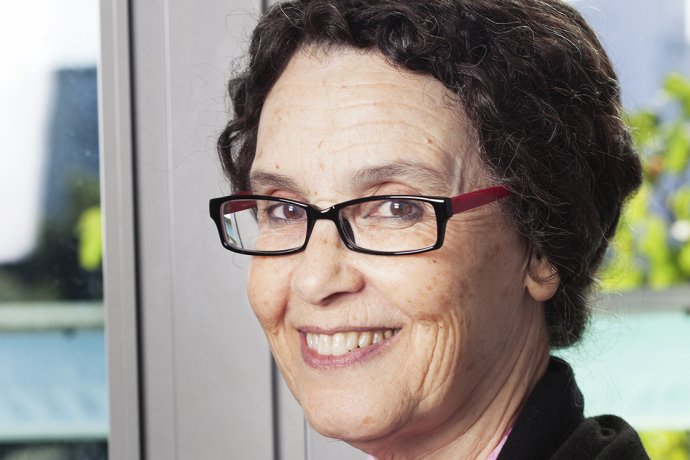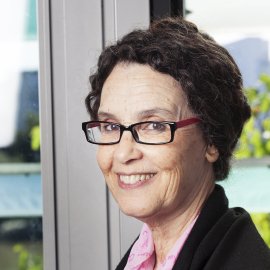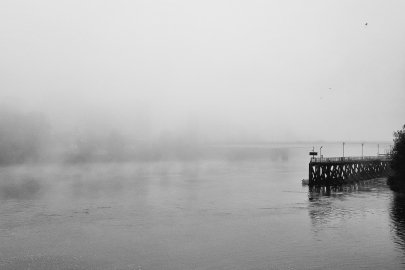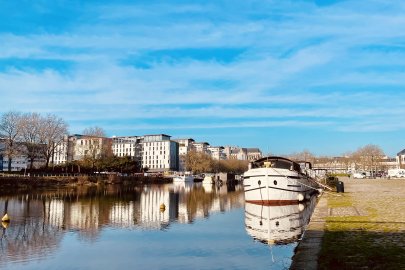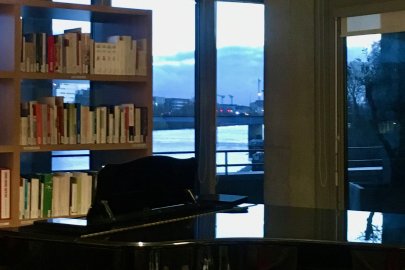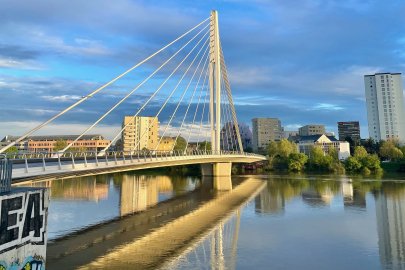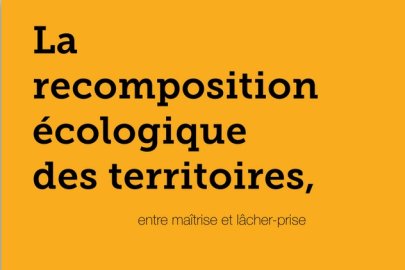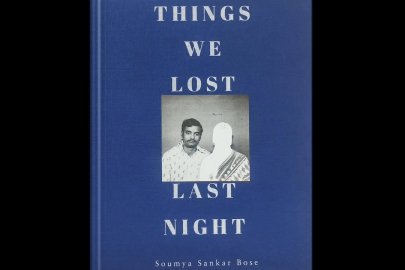Architects put to the test of the ecological transition: a legacy in perspective
Ammara Bekkouche
In the face of climatic hazards and other vulnerabilities affecting the planet, Inhabiting the World Differently requires paradigm shifts to better manage the ecumene, promote social equity and enhance the value of the commons (Renault, 2017).
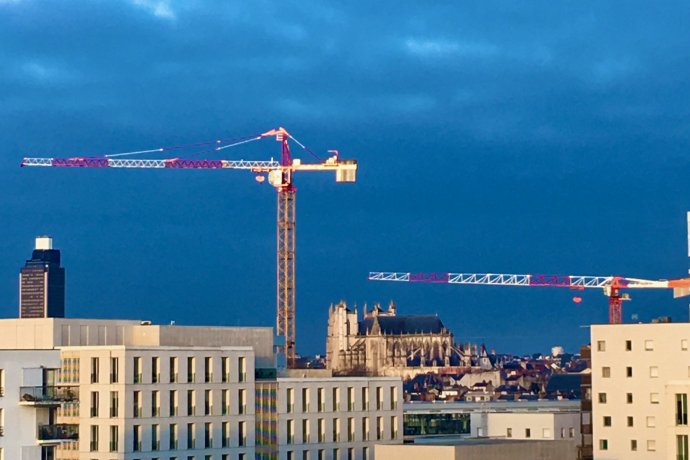
In this sense, architectural production is being put to the test of the ecological transition and the environmental challenges inherent in the ecosystemic issues of the Anthropocene. The first signs of this are to be found in the minimalist style of the Modern Movement (1929) and Frank Lloyd Wright's depictions of the building industry, which on the one hand condemned rentier speculation and on the other took account of the socio-cultural context and the location of the project. His approach, which combined naturalism and organicism in symbiosis with the landscape, implicitly referred to the notions of environment and ecology. At the same time, Mies Van Der Rohe's Less is More (1947) urged a stripping back of ornamentation and sobriety, contributing to the emergence of contemporary minimalism. In fact, the concept had already been applied to social housing in response to the needs of the industrial revolution. The aim was to minimise costs by optimising use, guaranteeing access to housing and reducing social inequalities. How has minimalism been applied to architectural design in the wake of the ecological transition?
In Algeria, Fernand Pouillon claimed to build quickly, better and more cheaply (1956), ensuring both quantity and quality. Hassan Fathy's humanist approach in Egypt (1969) also recommended that architects should be trained in rural issues. Today, beyond the urban/rural dilemma and demographic issues, urban resilience and its corollary, frugality, are broadening our thinking to the global scale and to all living things. Echoing the circular economy and care, their connection to nature aims to better manage biodiversity, citizen participation, social diversity and the balance between the material and the spiritual. In other words, reconsidering social inequalities as a function of valuing the commons means overcoming the dichotomy between the state and the market, and giving priority to use value over exchange value.
With this in mind, Algeria has initiated inclusive urban policies (2021)[1] that involve training architects as players in the ecological transition. While it is still too early to give an opinion on the procedures that have been devised, we can ask ourselves how the spectacular green towers are being opened up to local innovation. While they undoubtedly contribute to the ecological and aesthetic impacts, it should be noted that the costs involved generate disparity of access and gentrification. Hence the question of the commitment of architects to defying the exclusion of low-income groups[2]: how can we design with and for users, doing more and better with less?
Bibliography
- Bekkouche, A. (2022). (Re)reconciling architecture and ecology? In Ouvrage collectif s/d Mohammedi Sidi Mohammed, Editions CRASC, Oran, Algérie, p.19-47.
- Berque, A. (1993). L'écoumène, mesure terrestre de l'homme, mesure humaine de la Terre : pour une problématique du monde ambiant. In: L'Espace géographique, tome 22, n°4, 299-305.
- Cézard et al (2019). In ADEME report, https://librairie.ademe.fr/dechets-economie-circulaire/489-panorama-sur-la-notion-desobriete.html
- Fathy, H. (2010). Architecture for the Poor: An Experiment in Rural Egypt, Phoenix Books.
- Monjon, S. (January 2023). Environnement : la sobriété comme levier essentiel de la transition https://www.vie-publique.fr/parole-dexpert/287697-environnement-la-sobriete-comme-levieressentiel-de-la-transition
- Renault, M. (2017). Habiter le monde autrement: Pour une politique du commun. Revue Projet, 356, 72-81. https://doi.org/10.3917/pro.356.0072
- https://www.batiactu.com/edito/fernand-pouillon-inventeur-slogan-construire-mieux-52395.php
- Inequalities, an ecological challenge? Revue Projet 2017/1 (No. 356), 96 pages, Publisher C.E.R.A.S.
- https://www.undp.org/fr/algeria
[1] Under the aegis of the UNDP (United Nations Development Programme).
[2] In 2020, low and poor incomes will represent 61.4% of the world's population; intermediate and middle incomes: 32.1%; high incomes: 6.8%, https://www.pewresearch.org
